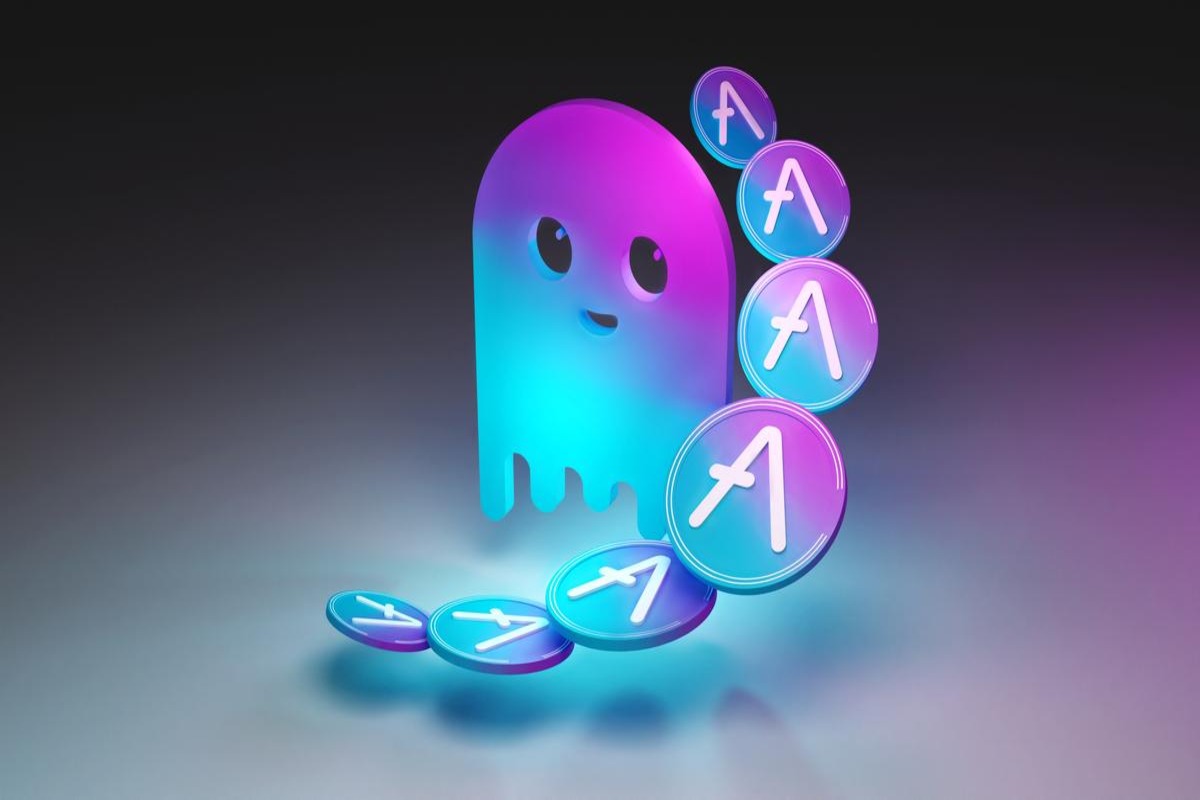In just 48 hours of being launched, Aave’s GHO, an algorithmic stablecoin pegged to the United States dollar on the Ethereum network, has already achieved a total minting value of $2.5 million.
On July 15, Aave launched GHO, a decentralized and over-collateralized stablecoin backed by a variety of digital assets, including Ethereum’s Ether (ETH) and Aave’s token (AAVE).
With a market capitalization of $2.59 million and a current price of $0.99, GHO (GHO) has a total circulating supply of 2.61 million, according to DefiLama.
The successful launch of GHO on the mainnet was the result of a community governance vote conducted by the Aave DAO, responsible for overseeing GHO’s governance.
The governing body, composed of members, will have the authority to determine the stablecoin’s supply, interest rates, and minting limits. They will also approve and supervise facilitators who can create GHO under specific conditions.
Out of the 424 participating addresses, an overwhelming majority, nearly 100%, voted in favor of the new stablecoin.
In the final vote on July 10, 421 wallets holding 881,059 AAVE tokens supported the launch, while only three wallets collectively holding 10 AAVE, with one wallet having the entire 10 AAVE and the remaining two wallets holding fractions, voted against it.
Aave Launched GHO: Over-Collateralized Stablecoin on Aave V3 Market
Aave, the lending protocol, launched GHO, its over-collateralized stablecoin, on the Aave V3 market.
Users can now generate GHO by utilizing a variety of cryptocurrencies listed on Aave V3, including AAVE, ETH, USDT, USDC, and DAI, as collateral.
This ensures that GHO maintains a diverse range of assets for over-collateralization.
According to the latest update from token terminal, Aave’s total locked value has experienced remarkable growth, reaching $5.938 billion. This represents a significant 16% increase compared to the previous month and can be attributed to the successful launch of the GHO platform.
Furthermore, the circulating market cap of Aave has surged impressively by 52.85%, currently standing at $1.13 billion.
“Anyone can mint GHO using the assets they supply into the Aave Protocol V3 Ethereum market as collateral, ensuring that GHO is overcollateralized by many assets,” Aave wrote in a blog post.
During its launch, Aave V3 revealed that its Facilitator has a total minting capacity of 100 million GHO, with only 2.5% of the supply currently minted. However, the Aave DAO has the ability to increase this cap through a community vote.
In the Aave V3 protocol, deposited collateral continues to generate yield, while the interest paid for borrowing GHO is directed to the DAO treasury, governed by AAVE and stkAAVE token holders.
Additionally, users contributing AAVE to the protocol’s safety module to support the stablecoin can purchase GHO at a discounted rate.
What sets GHO apart from centralized stablecoins like Tether’s USDT is its commitment to transparency and verifiability of underlying assets.
Aave ensures that the assets supporting GHO can be audited directly from the blockchain or through various user interfaces, thanks to the execution of transactions via self-executing smart contracts.
In just 48 hours of being launched, Aave’s GHO, an algorithmic stablecoin pegged to the United States dollar on the Ethereum network, has already achieved a total minting value of $2.5 million.
On July 15, Aave launched GHO, a decentralized and over-collateralized stablecoin backed by a variety of digital assets, including Ethereum’s Ether (ETH) and Aave’s token (AAVE).
With a market capitalization of $2.59 million and a current price of $0.99, GHO (GHO) has a total circulating supply of 2.61 million, according to DefiLama.
The successful launch of GHO on the mainnet was the result of a community governance vote conducted by the Aave DAO, responsible for overseeing GHO’s governance.
The governing body, composed of members, will have the authority to determine the stablecoin’s supply, interest rates, and minting limits. They will also approve and supervise facilitators who can create GHO under specific conditions.
Out of the 424 participating addresses, an overwhelming majority, nearly 100%, voted in favor of the new stablecoin.
In the final vote on July 10, 421 wallets holding 881,059 AAVE tokens supported the launch, while only three wallets collectively holding 10 AAVE, with one wallet having the entire 10 AAVE and the remaining two wallets holding fractions, voted against it.
Aave Launched GHO: Over-Collateralized Stablecoin on Aave V3 Market
Aave, the lending protocol, launched GHO, its over-collateralized stablecoin, on the Aave V3 market.
Users can now generate GHO by utilizing a variety of cryptocurrencies listed on Aave V3, including AAVE, ETH, USDT, USDC, and DAI, as collateral.
This ensures that GHO maintains a diverse range of assets for over-collateralization.
According to the latest update from token terminal, Aave’s total locked value has experienced remarkable growth, reaching $5.938 billion. This represents a significant 16% increase compared to the previous month and can be attributed to the successful launch of the GHO platform.
Furthermore, the circulating market cap of Aave has surged impressively by 52.85%, currently standing at $1.13 billion.
“Anyone can mint GHO using the assets they supply into the Aave Protocol V3 Ethereum market as collateral, ensuring that GHO is overcollateralized by many assets,” Aave wrote in a blog post.
During its launch, Aave V3 revealed that its Facilitator has a total minting capacity of 100 million GHO, with only 2.5% of the supply currently minted. However, the Aave DAO has the ability to increase this cap through a community vote.
In the Aave V3 protocol, deposited collateral continues to generate yield, while the interest paid for borrowing GHO is directed to the DAO treasury, governed by AAVE and stkAAVE token holders.
Additionally, users contributing AAVE to the protocol’s safety module to support the stablecoin can purchase GHO at a discounted rate.
What sets GHO apart from centralized stablecoins like Tether’s USDT is its commitment to transparency and verifiability of underlying assets.
Aave ensures that the assets supporting GHO can be audited directly from the blockchain or through various user interfaces, thanks to the execution of transactions via self-executing smart contracts.
